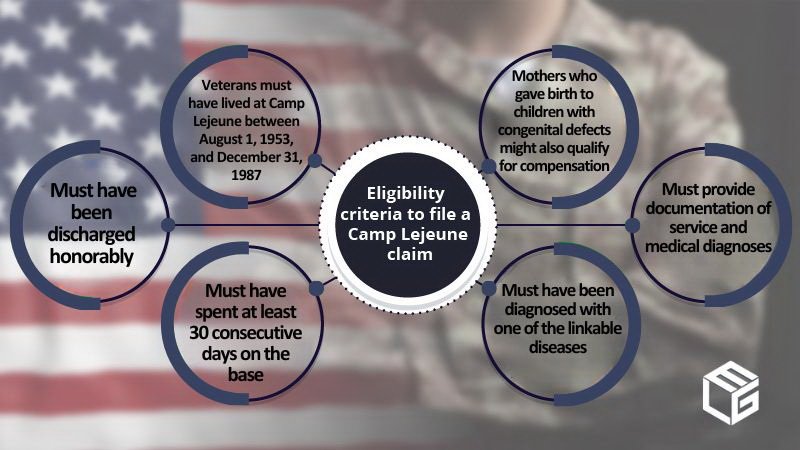Exposure to vinyl chloride has a strong association with brain cancer in veterans
With a survival rate of 36%, brain cancer is often a very aggressive disease. Brain tumors can severely impact life quality and eventually be fatal. A little over 70% of brain tumors are benign, whereas nearly 30% are malignant.
Even though the average diagnosis age is 61, children are also at risk for brain cancer - approximately 4% of all brain tumors occur in children between 1 and 14. It is worthy of note that men are usually more likely to develop brain cancer than women.
The causes of this awful disease include exposure to allergens, infections, and viruses, head injury, exposure to ionizing radiation, seizures, and having one of the following hereditary conditions, which 5% of brain cancer patients have:
- neurofibromatosis
- Turcot syndrome
- tuberous sclerosis
- Li-Fraumeni syndrome
- nevoid basal cell carcinoma syndrome
- von Hippel-Lindau disease
Nonetheless, scientists found that exposure to vinyl chloride and other solvents also increases the risk of brain cancer. According to a medical study from the British Journal of Cancer, chlorinated industrial solvents, such as methylene chloride, 1,2- dichloroethane, and perchloroethylene, have been suspected as a cause of glioma, as they can cross the blood-brain barrier. Glioma is a type of brain tumor that can be malignant, developing in the gluey supportive cells that surround nerve cells. Some of these solvents were present in the drinking water at Camp Lejeune for nearly 35 years.
While medical researchers are not entirely sure whether solvent exposure can result in brain cancer, there are many studies that have analyzed this link. A study from Occupational and Environmental Medicine focusing on the association between exposure to chlorinated solvents and the risk of glioma and meningioma found a connection between carbon tetrachloride and glioma. This link was discovered in analyses of exposed subjects with average weekly exposures above the limit associated with a high risk for this brain tumor. Researchers examined the health impact of six chlorinated solvents on the brain:
- dichloromethane
- chloroform
- 1,1,1-trichloroethane
- carbon tetrachloride
- trichloroethylene
- perchloroethylene
Parental occupational exposure to solvents can cause childhood brain tumors, study shows
Considering that chlorinated solvents can cross the blood-brain barrier as a result of their size and lipid solubility, they may interact with and damage the central nervous system.
Finally, a study led by occupational epidemiologists in Australia discovered that when men are exposed to benzene the year before conceiving, they are over twice more likely to have a child with a brain tumor.
Therefore, veterans who spent time at Camp Lejeune are likely to have a baby with brain cancer, as benzene was also present in the environment of the military base.


